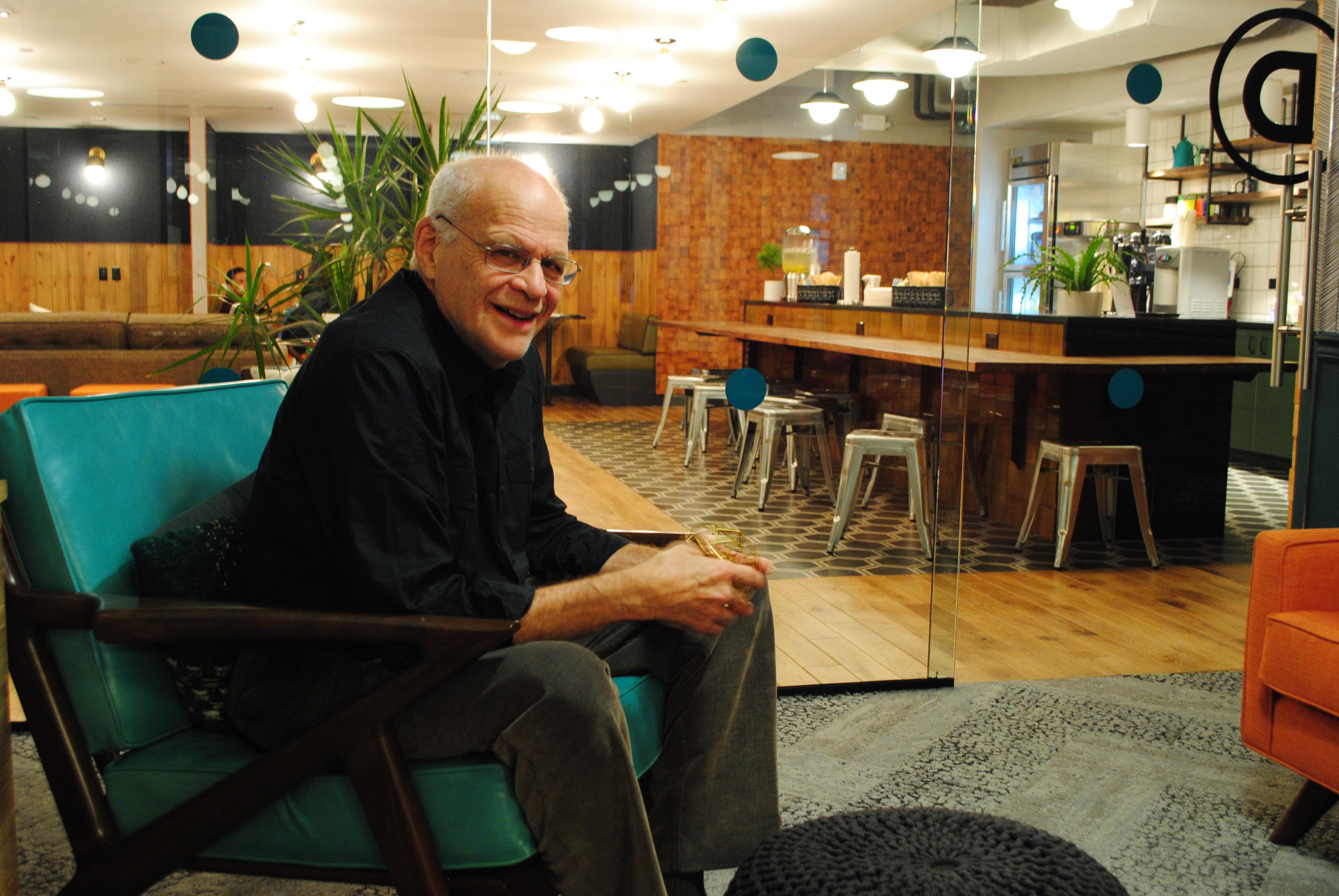The reality of owning a business, or working in any industry, is that many different skills and talents are needed to succeed. As the saying goes, there's more than one way to skin a cat. Jeffrey's work at the New Food Economy is about providing the resources and support that triple-bottom-line food businesses need to grow and make an impact, on people and the planet.
When did you know that you wanted to work in food?
While working in Maine for the Portland Press Herald, I had occasion to interview dozens and dozens of foodpreneurs and mission-driven food and ag business owners. Most of them were struggling pretty much on their own; my 'aha! moment' was realizing that they did not have at their disposal a consistent source of the high quality, easily accessible business information that one needs to beat the odds and build a successful food enterprise. It's hard enough to start a business, particularly one in such a regulated industry, often with a perishable product, and a complex supply chain. Plus, traditional business models are not always appropriate for these kinds of managers, who are looking to fulfill social and environmental missions as well as providing healthy alternatives and sourcing locally. So I found an entrepreneurial job of my own: creating the information resource dedicated to this particular type of business-builder: and The Institute of the New Food Economy was born. In our online magazine - NewFoodEconomy.com - we discover and tell the stories of the great people who are launching and growing ventures in this space. It's been exhilarating, challenging and rewarding.
How did you get your current good food job?
There wasn't anyone doing this, so I hired myself and started the company!
What was the greatest obstacle you had to overcome in pursuing your Good Food Job dream?
The biggest hurdle so far is also an opportunity. As I tried to get my arms around this industry - the scope, the motivations, the dreams of the food producers, the complexities of agriculture, food handling, marketing, etc. - I could not find any definitive map of the ecosystem. From the perspective of the foodpreneurs who want to do more than sell some product locally, this is a daunting space in which to navigate a business. They need to know which suppliers do what to whom, when, how often and for what price. They struggle to see where and how their small businesses fit in. From an investor standpoint, the view is macro but no less opaque. One of our goals this year is to experiment with an interactive map of the marketplace. We'd love to hear everyone's thoughts on the need, value and content of such a map. (Contact me via info AT newfoodeconomy DOT com)
Name one positive thing that a former employer taught you that you continue to appreciate?
An early mentor of mine taught me how important it is to remember that everything in business is personal. In the new food economy, where people join or start companies in large part because the mission aligns to their personal beliefs and lifestyle goals, this is ever more true. We are trying to apply this maxim to our editorial coverage - to respect and celebrate the double and triple bottom-line focus of this market. I also try to apply it to creating a great place to work - where people are heard, they have impact, and they see how they help this great group of foodpreneurs whom we all admire so much.
What can you identify as the greatest opportunities in food right now?
We cover trends every week in our news round-up stories. However, we focus our storytelling around the folks who are doing a mission-based food venture with veracity and transparency. There are many of them - and they are impressive both singularly and as an industry.
If you could be compensated for your work with something other than money, what would it be?
A dry Sauvignon Blanc, perhaps? Seriously, if I didn't have to work for money, I would likely try to work with disadvantaged children, giving them the nutrition, kindness and support structure they need to achieve their own greatness. I'd be paid in the return they give as great citizens. Investing in our children is the best way to invest in the future of our planet and society.









